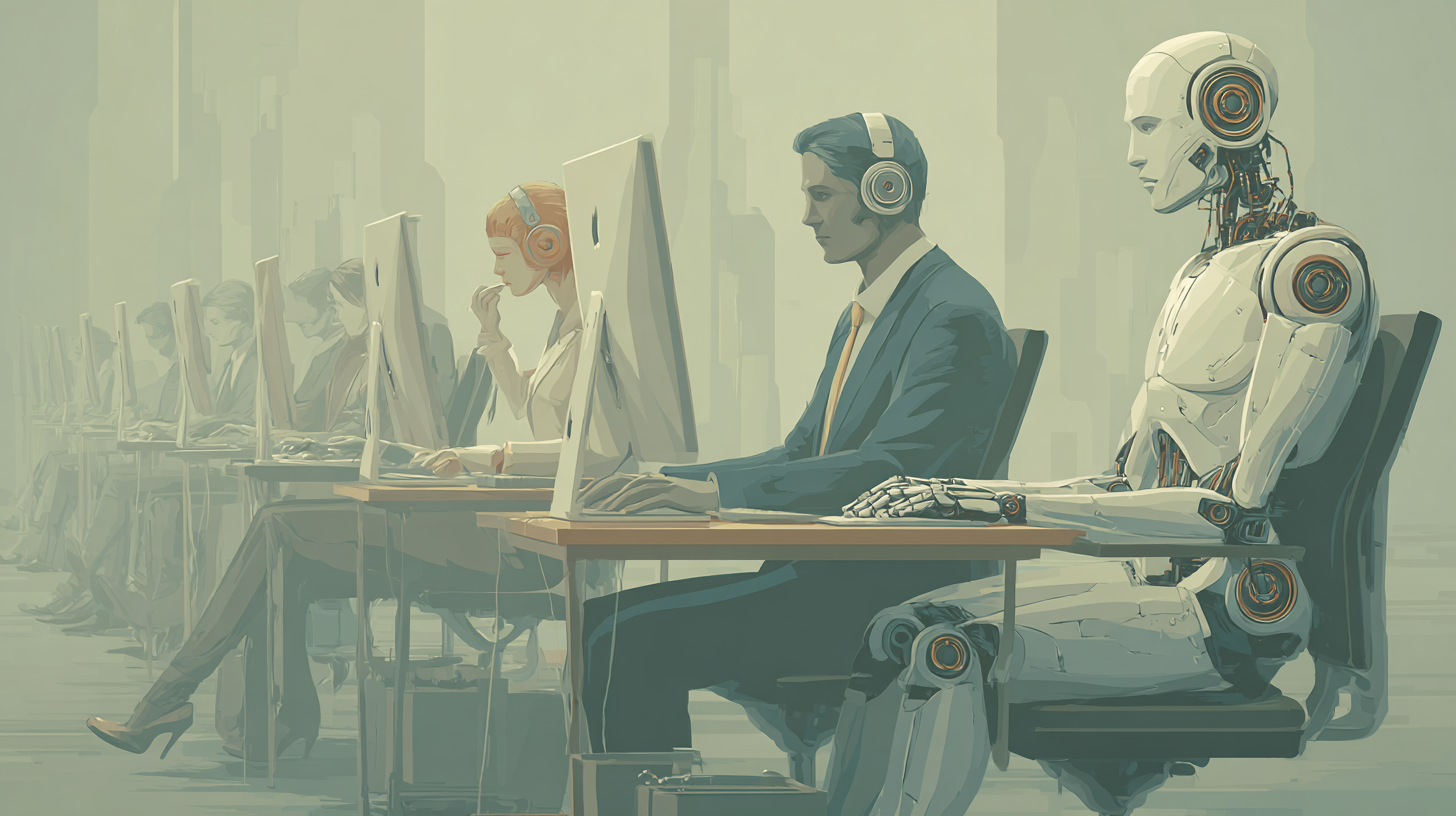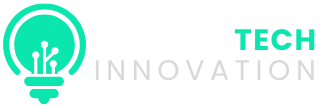AI
Is the emphasis on coding vibes creating a lost generation of engineers?

AI tools are transforming the landscape of software development by streamlining tasks, optimizing code, and spotting bugs in real-time. These tools empower developers to create structured code effortlessly from simple language cues, saving valuable time and effort. By leveraging vast code repositories, AI tools provide contextual recommendations that boost productivity and minimize errors. This shift allows engineers to prototype rapidly, iterate efficiently, and concentrate on solving intricate problems rather than starting from scratch.
The increasing popularity of code generation tools has sparked discussions about the future composition and organization of engineering teams. Garry Tan, CEO of Y Combinator, revealed that a significant portion of their clients now rely on AI to generate the majority of their software. This trend suggests that smaller engineering teams may suffice, reducing the need for extensive fundraising efforts. As AI-powered coding gains traction, it raises questions about its long-term impact on the field and the workforce.
The rise of AI-powered coding tools may potentially diminish the significance of human expertise in the coding realm. Junior coders now have access to large language models that facilitate quick issue identification in code. While this accelerates software development, it may impede developers from honing essential problem-solving skills. Tools like Anthropic’s Claude Code and Microsoft’s AutoGen and Semantic Kernel aim to automate various coding tasks, potentially reducing the need for developers to refine their skills independently. This overreliance on AI could jeopardize the development of critical thinking and creativity among developers.
Despite concerns about AI overshadowing human developers, businesses can harness AI tools as interactive mentors to enhance coding skills. These tools can offer real-time guidance, explanations, and best practices to developers, fostering active learning and skill development. By utilizing AI as a training partner rather than a crutch, developers can internalize coding patterns and debugging strategies more effectively. However, AI coding assistants should complement, not replace, traditional mentorship and code reviews to ensure comprehensive skill development.
Integrating AI into structured development programs can facilitate experiential learning and encourage developers to question AI outputs while engaging in manual refactoring exercises. By blending automation with education, AI can empower developers to adapt to the evolving technological landscape effectively. Embracing AI as a mentor and programming partner can bridge the gap between automation and education, fostering a generation of proficient and knowledgeable coders.
Richard Sonnenblick, the chief data scientist at Planview, highlights the importance of leveraging AI as a tool for teaching coding and enhancing developers’ skill sets. By embracing AI as a mentor and educational resource, developers can evolve alongside technological advancements, ensuring a workforce that is both efficient and well-versed in coding practices.
-

 Video Games2 days ago
Video Games2 days agoTekken 8: Rise of the Shadows
-

 Amazon2 days ago
Amazon2 days agoNeil Young Takes a Stand: Pulling Music from Amazon in Protest of Jeff Bezos’ Support for Trump
-

 Video Games1 day ago
Video Games1 day agoGoku Takes on the Dragon Ball FighterZ Arena
-

 Tech News2 days ago
Tech News2 days agoSamsung Galaxy UI 8: Embracing the Big Free AI Upgrade
-

 Security2 days ago
Security2 days agoCritical Vulnerability Exposed: Oracle EBS Targeted in Recent Cyber Attacks by Cl0p Hackers
-

 Microsoft2 days ago
Microsoft2 days agoEnhanced Copilot Features: Creating Office Documents and Gmail Integration
-

 Microsoft2 days ago
Microsoft2 days agoMicrosoft Launches Free Copilot Tools for Washington State Schools: Navigating the AI Learning Debate
-

 Apple2 days ago
Apple2 days agoExploring the Dystopian Realms of Pluribus: An Apple Original Series Trailer




















